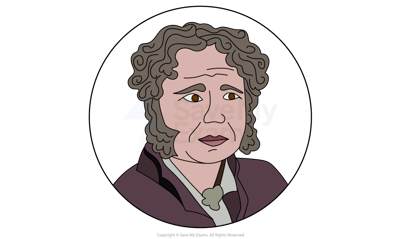Characters
It is vital that you understand that characters are often used symbolically to express ideas. Dickens uses all of his characters to symbolise various ideas prevalent in his society, and the differences between characters reflect contemporary debates. Therefore, it is very useful not only to learn about each character individually, but how they compare and contrast to other characters in the novel.
It is important to consider the range of strategies used by Dickens to create and develop characters within Great Expectations. This includes:
- how characters are established
- how characters are presented:
- physical appearance or suggestions about this
- actions and motives for them
- what they say and think
- how they interact with others
- what others say and think about them
- how far the characters conform to or subvert stereotypes
- their relationships between other characters
Below you will find character profiles of:
Minor characters:
Exam Tip
In the exam, the idea of character as a conscious construct should be evident throughout your response. You should demonstrate a firm understanding that Dickens has deliberately created these characters to perform certain functions within his text.
For instance, you could begin to consider why Dickens has chosen to present the character of Magwitch in the way that he does. Magwitch appears at the start of the novel but is largely absent for most of the novel, until he returns from Australia. Try to explore reasons as to why Dickens may have chosen to do this.









